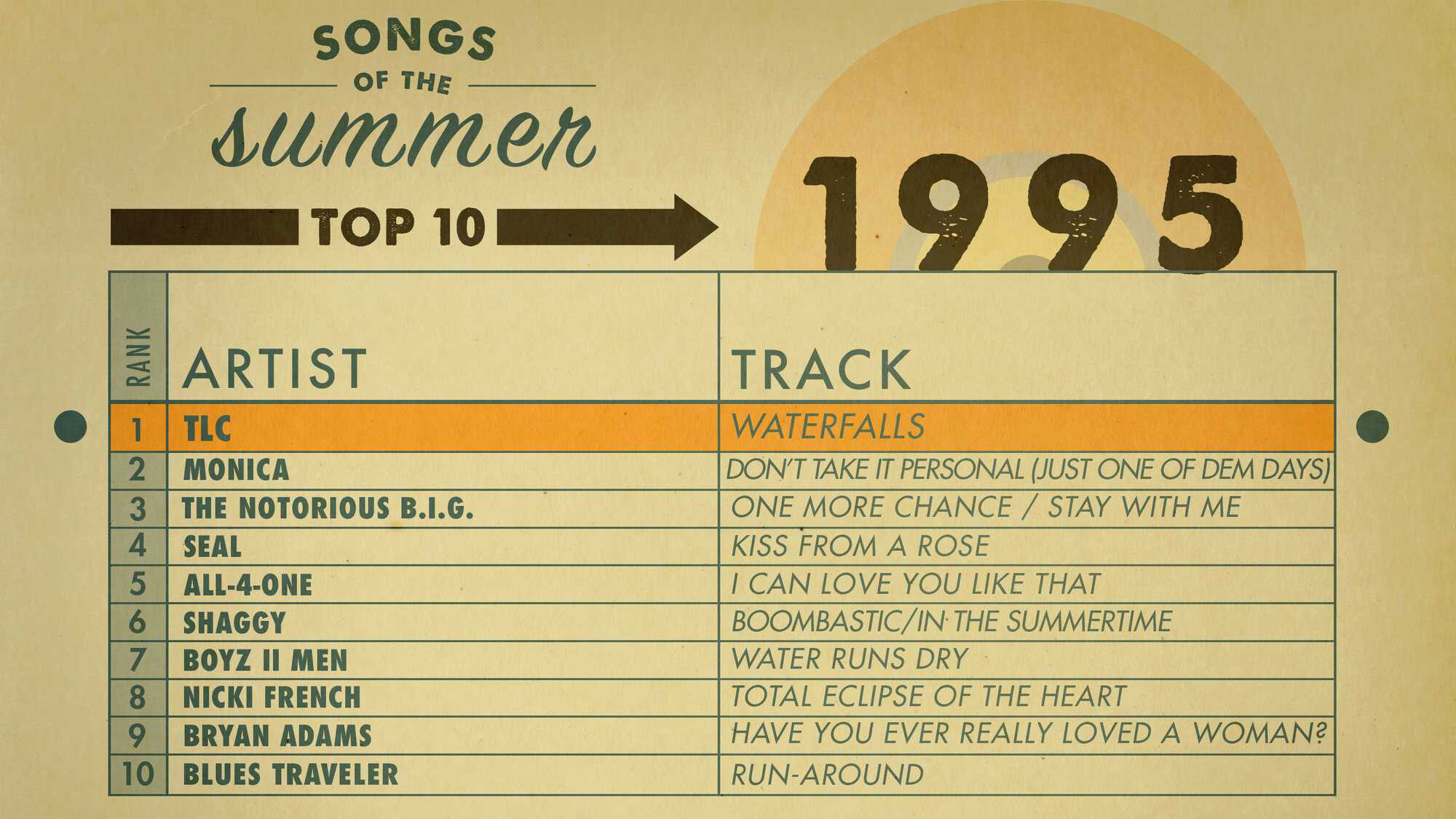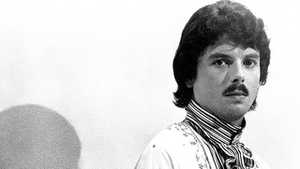Swimming upstream in mid-90s America.
By Katie Presley

The crucible of mega-stardom is for some the eye of the storm, and for others the storm itself. Some artists take deeper breaths in the rarefied air of celebrity and make the best work of their lives when they have time, money, resources, and freedom on their side. Others receive those gifts and lose touch utterly with the heat and hustle that got them to the top in the first place. For legendary girl group TLC, 1995 was the year fame stopped knocking and barged in, ready or not, and the trio had to reckon, quickly, with who they were and what they wanted.
TLC’s sophomore album, CrazySexyCool, had come out the autumn before, but it was the May 29, 1995 release of the album’s third single, “Waterfalls,” that changed the game. If you've only heard one TLC song in your life, this is the one you’ve heard. It’s the defining song of TLC’s career, and a defining song of the precise time in which it was released. The track’s slick, liquid production by Atlanta duo Organized Noize places “Waterfalls” firmly in the soundscape of 1990s R&B, and its lyrics, written by band member Lisa “Left Eye” Lopes, Organized Noize, and Marqueze Etheridge, are a smart, concise, and devastating slice of mid-90s life in America.

As is the case with much of their music, “Waterfalls” features lead vocals by Tionne “T-Boz” Watkins and harmony by Rozonda “Chili” Thomas on key phrases. The vocal effect created is one of gravity paired with levity, almost to the point of good-cop/bad-cop. T-Boz is here to tell it how it is in a husky contralto. Chili is here to give the truth wings. It’s T-Boz, after each verse, who implores the audience with “Listen to me,” and “Y’all don’t hear me.” This could come across as melodramatic, but it rings true precisely because the subject matter of “Waterfalls” was so timely. People weren’t listening, people didn’t hear, as the two great epidemics of the ‘90s, crack and AIDS, ran rampant, taking a disproportionate and deadly toll on black and gay communities.
TLC did not wait to hear how the War on Drugs turned out before creating verse one of “Waterfalls,” which introduces a doomed young drug dealer who ignores his mother’s pleading and ends up “another body lyin’ cold in the gutter.” Nor did they hesitate to center verse two around HIV, as a heterosexual man gets “lovin’ that his body can’t handle” from his partner, until “three letters took him to his final resting place.” By 1995, Magic Johnson was publicly HIV-positive, but the disease was (and arguably is) still heavily stigmatized; devoting one-third of a top-of-the-charts single to it was shocking and compelling. TLC did not rely on the lens of history to resolve the work they set out to do with this song, and so they themselves became part of the lens.
And here’s what makes this song matter: it worked. “Waterfalls” was not an eccentric activist track hidden in the back six of a lesser-known record from an experimental career phase. It was the best-performing single on a record that would go on to sell more than 14 million units worldwide, making TLC the first and (still) only girl group to reach Diamond certification by the Recording Industry Association of America. Lopes’s rap on the track, a 45-second opus on faith and empathy that acts as the song’s coda, is the best work of her life. TLC didn’t become megastars in spite of having one deeply political track in their catalogue; they exploded because of it.
Then came the storm: In July of 1995, while “Waterfalls” was sitting at the top of the Billboard Hot 100, TLC filed for bankruptcy. This was a year before MC Hammer notoriously went broke, making TLC trailblazers in a very public demonstration of how utterly artists at the top of their game can be isolated from the fruits of their labor. The person who had profited most from the trio’s success was their creator and long-time manager Perri “Pebbles” Reid. Now TLC sought freedom from that arrangement and a re-negotiation of their royalty rate per record sold. (Lopes made a now-famous video several years later outlining the terms of the original contract.) The lawsuit and its settlement ensured that Watkins, Lopes, and Thomas would have significantly more creative control over all future work — and be properly paid for it. This was TLC’s crucible, and the group emerged as the artists they intended to be. As a trio and then duo (Lopes was killed in a car accident in 2002), they never came close to recapturing the alchemy and urgency of “Waterfalls.” But the creation of that song, exactly when it was made, exactly how it was sung, and exactly what it spoke to, turned TLC into the voice of a summer, a year, and a decade.
Listen to the complete top ten from the summer of 1995 on Spotify.

Katie Presley is a culture writer, artist, and doula living and working in the Washington, DC area. Find her work at NPR Music, Bitch Media, and Ms. magazine. She's on Twitter at @loveismaroon.
Roll down the windows, turn up the volume and prepare to sing along as American Experience celebrates the music of the season with Songs of the Summer.
In 1958, Billboard launched its Hot 100, chronicling the songs that were flying off record store shelves, playing non-stop on juke boxes, and blaring through radio speakers. Almost sixty years on, how we listen to music and how we track a song’s success may have changed, but music remains a powerful force in our culture. Every Friday from June 2 through August 25, we’ll reveal one iconic song that hit the charts, accompanied by commentary from some of our favorite music writers. Explore our historical mixtape, and check back each Friday for our next track.
Published July 28, 2017.







